In The Zone – How S.T.A.L.K.E.R. 2: Heart of Chornobyl’s Brilliantly Unforgiving Setting Presents Horror As Normality
As I cowered in the rafters of an abandoned farmhouse, my mind reckons with the type of game that S.T.A.L.K.E.R. 2: Heart of Chornobyl is going to be. My torch is switched off, both my pistol and my stomach are empty. Beneath me, a gunfight plays out in the darkness, and gruff, Ukrainian voices echo over the wind. I tuck into a tin of suspicious looking meat and wait it out. Some moments pass, and silence falls across the dark field. I deem it safe enough to apprehensively venture out and pick at the bodies for scraps, torch still off. In that moment, I am unceremoniously mauled to pieces by mutant dogs.
Let me preface that I am not a particular fan of hard nor scary games, so meeting this fate less than 30 minutes into S.T.A.L.K.E.R. 2 really set a scorned tone that I believed would be unshakeable. And how wrong I was.
“So that is how it’s going to be,” I whisper out loud to myself.
S.T.A.L.K.E.R. 2 is a tough-as-boots, first-person survival affair that follows the premise of predecessors in the Stalker series. As new protagonist Skif, the game begins with you entering an alternate recreation of the Chornobyl Exclusion Zone, or “The Zone”, home to a myriad of strange and horrifying phenomena. Skif, a Stalker that has ventured into The Zone in pursuit of artifacts, valuable items that can aid in survival or sold for a hefty price. Unfortunately, a lot of other unsavoury characters are also on the hunt for artifacts, so Skif’s journey quickly takes a turn inside The Zone.

Exploring The Zone
S.T.A.L.K.E.R. 2 is an open world affair, in which you’re expected to fend for yourself in brutal and unpredictable situations, where basically any living thing you come across can and will hurt you. For those unfamiliar with the series, it is paramount to stay prepared – as with any survival game, you’ll need to constantly be on the hunt for weapon ammo, medical supplies and food. Not to mention, this entire habitat is one giant, quarantined hazard, brimming with monsters, environmental anomalies and of course, radiation.
However, S.T.A.L.K.E.R. 2 does not present its horrors like a horror game. Within the boundaries of The Zone, the creatures you’ll encounter, the hostile personalities, and the desperation you’ll often face are all an inalienable normality – this just how it is. Life in this area isn’t some nightmare that inhabitants have just woken up in, it is, for better or worse, a choice that many Stalkers make, and that is a particularly unique, complex and compelling setting to unravel.
Visually, The Zone feels like a true labour of love to developer GSC’s home, and it looks wonderful. Brash European architecture looms authoritatively over eerily beautiful fields and forests, decimated by tragedy but still holding firm. The surprisingly large map rivals adjacent open-world epics, and, in spite of the nuclear nightmares that lurk within, remains consistently inviting to explore.

However, I found the duality of S.T.A.L.K.E.R. 2 really kicks in between its day and night cycles, with the latter creating the most permeating sense of dread I’ve experienced in game of this ilk for a long time. By daylight, The Zone is quite welcoming, threats are highly visible, and venturing out at dawn with a bag full of supplies is a relatively serene, even exciting experience.
But tension rises as soon as the sky starts to darken – everything I’m doing in that moment is uprooted as I consider what is coming, and how prepared I am for it. The game wastes no time introducing you to the unforgiving perils of the night during the prologue, and it is truly an exhilarating experience to face such consequences, especially earlier in the game when supplies and funds are scarce. Later on, darkness will become your ally if you’re equipped to handle it (and the powerful mutants hiding within it) but during those first few hours, it’s an experience like nothing else.

Friends and Foes
Throughout The Zone, you’ll encounter new characters with varying degrees of importance to your story, and in true roleplaying fashion, you can often decide that yourself. In one mission, I’m tasked with collecting a debt from someone, only to find him holed up in a house by bandits. Like me, they’re here to collect a debt. I try appealing to the common ground, but they’re not very nice about it, and so I dispose of them. In many moments like this, I’m given the option to proceed diplomatically, snarkily, or just open fire without cause and take the spoils by force. The latter can of course, come with consequences, but the freedom to decide upon your own levels of morality and violence make for an excellent roleplaying experience in this world.

One additional aspect that I didn’t expect was the dry humour that characters often exhibit in dialogues, which is heightened substantially by the vocal performances given in GSC’s native Ukrainian. Even in safe areas such as settlements or bars, character interactions often carry a perpetual air of tension or rigidity, as though conflict could kick off at any moment, that dissipates into banter as you, and they, conclude that there is no immediate threat. This harks back to my earlier point about how “normal” this landscape feels to the characters that inhabit it, and the horrors they’ll take in their stride, often humorously, on a daily basis.

Early on the game, for example I’m sent to retrieve an artifact from a perilous cave spewing toxic gas and mulch into the air. It also happens to be housing some sort of mutant monster that catches me by surprise and takes most of my supplies to deal with. When I return to the quest giver and ask “hey, what gives?”, he calmly takes a moment to light up a cigarette, enjoys a drag, and nonchalantly say “well, you wouldn’t have gone if I’d told you.” It’s interactions like this that make NPCs, even for a moment, an entirely believable part of this world, and I’d recommend playing through the game in Ukrainian for that extra level of immersion to S.T.A.L.K.E.R. 2’s already impressive setting.
S.T.A.L.K.E.R. 2’s greatest strength lies in its ability to craft a haunting survival experience that doesn’t have to dip into the occult unnecessarily. While the phenomena lurking inside The Zone leans into the science fiction realm, the horrors and anomalies remain entirely believable within the bounds of the alternate Chornobyl that GSC World has built.
It is however, a thoroughly unforgiving world that will challenge, thwart and reward you in equal measure, and, as I reckoned with what type of game S.T.A.L.K.E.R. 2 was going to be after being decimated by radioactive dogs, I could not have predicted that the conclusion would be “my type of game.” Who knows, it might be yours too.
Fortunately, you can find out – S.T.A.L.K.E.R. 2: Heart of Chornobyl launches today on Xbox Series X|S and PC, and you can play it day one with Xbox Game Pass.
S.T.A.L.K.E.R. 2: Heart of Chornobyl – Xbox Edition
GSC Game World
Related Stories for “In The Zone – How S.T.A.L.K.E.R. 2: Heart of Chornobyl’s Brilliantly Unforgiving Setting Presents Horror As Normality”
The post In The Zone – How S.T.A.L.K.E.R. 2: Heart of Chornobyl’s Brilliantly Unforgiving Setting Presents Horror As Normality appeared first on Xbox Wire.

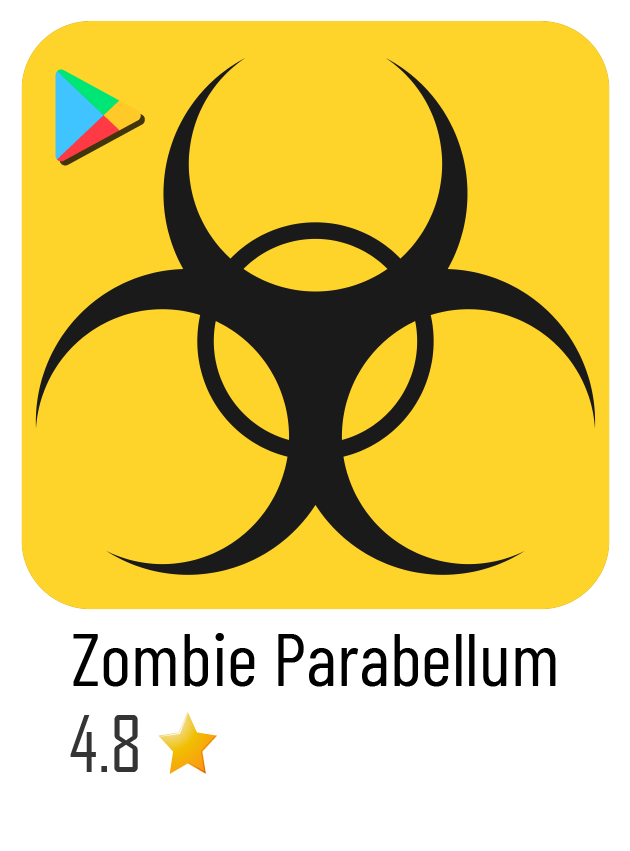
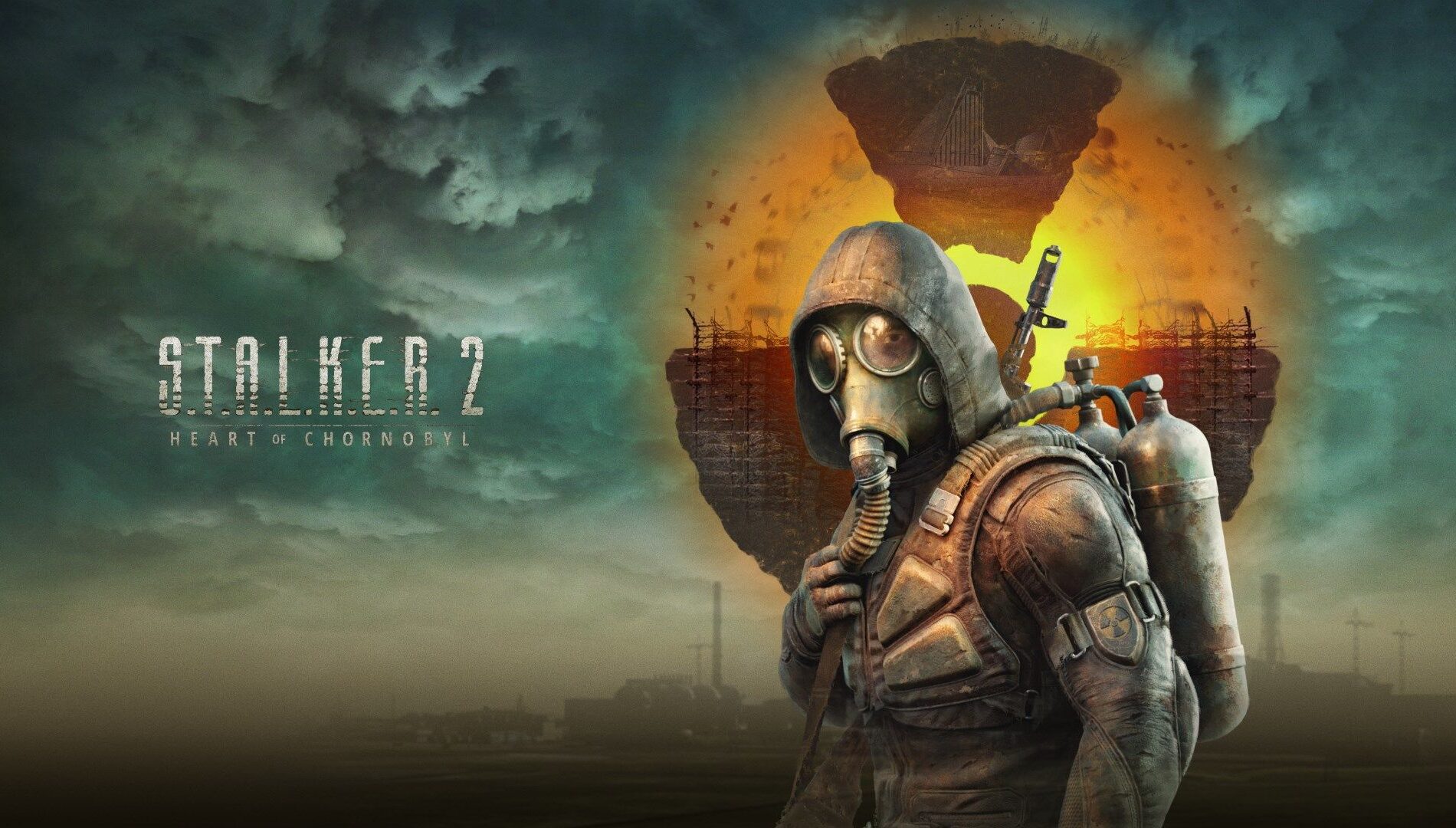

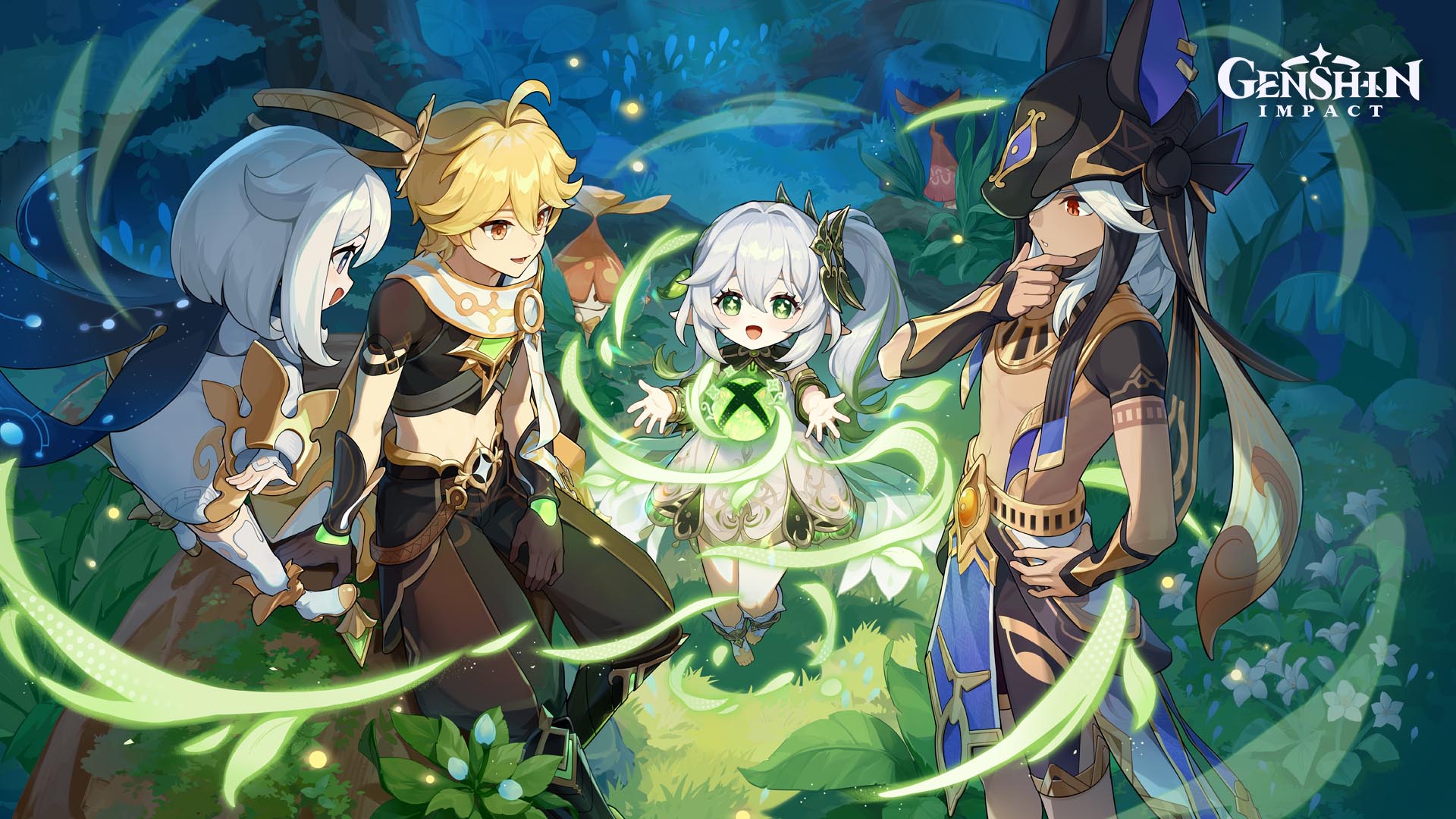
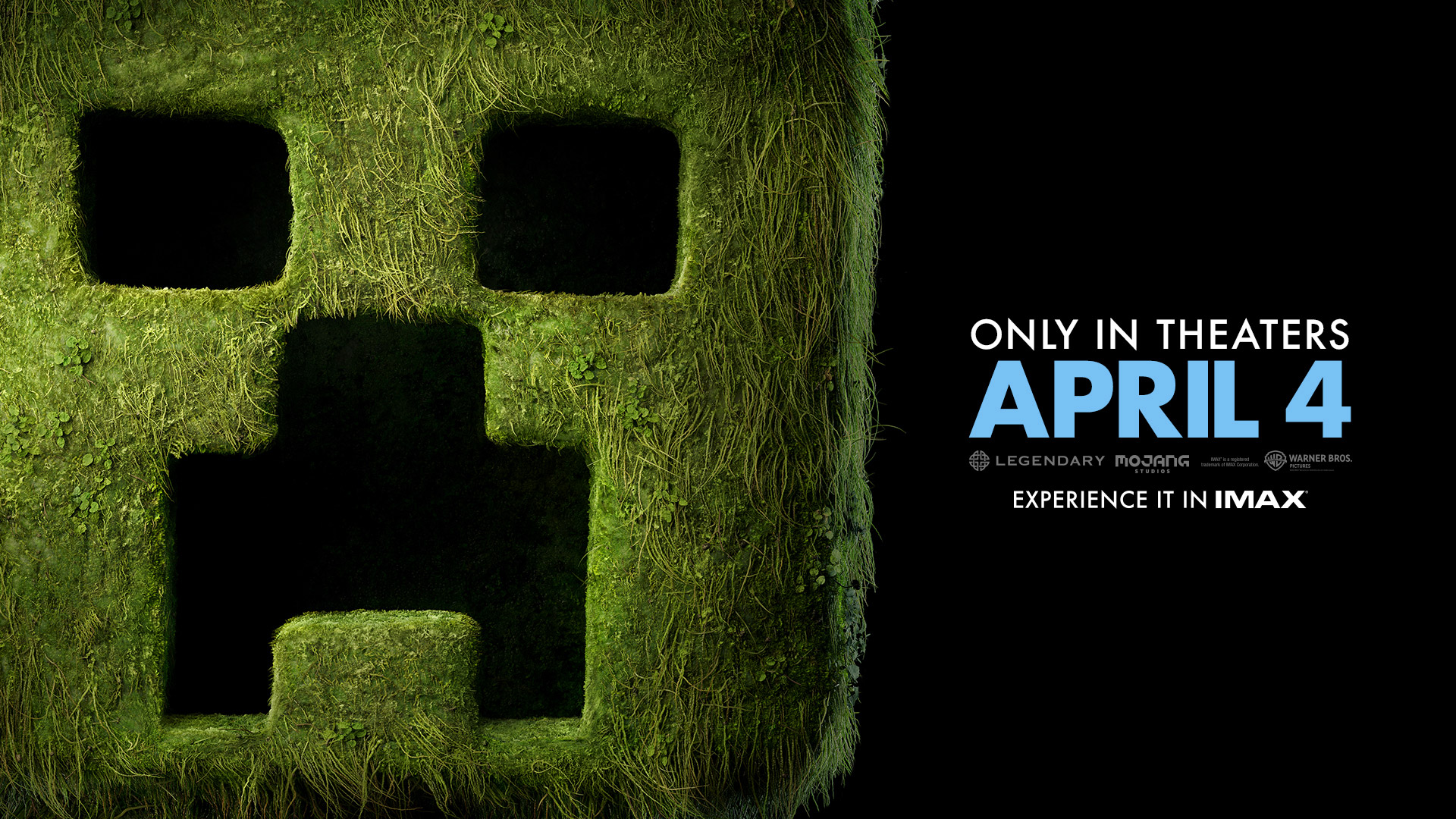


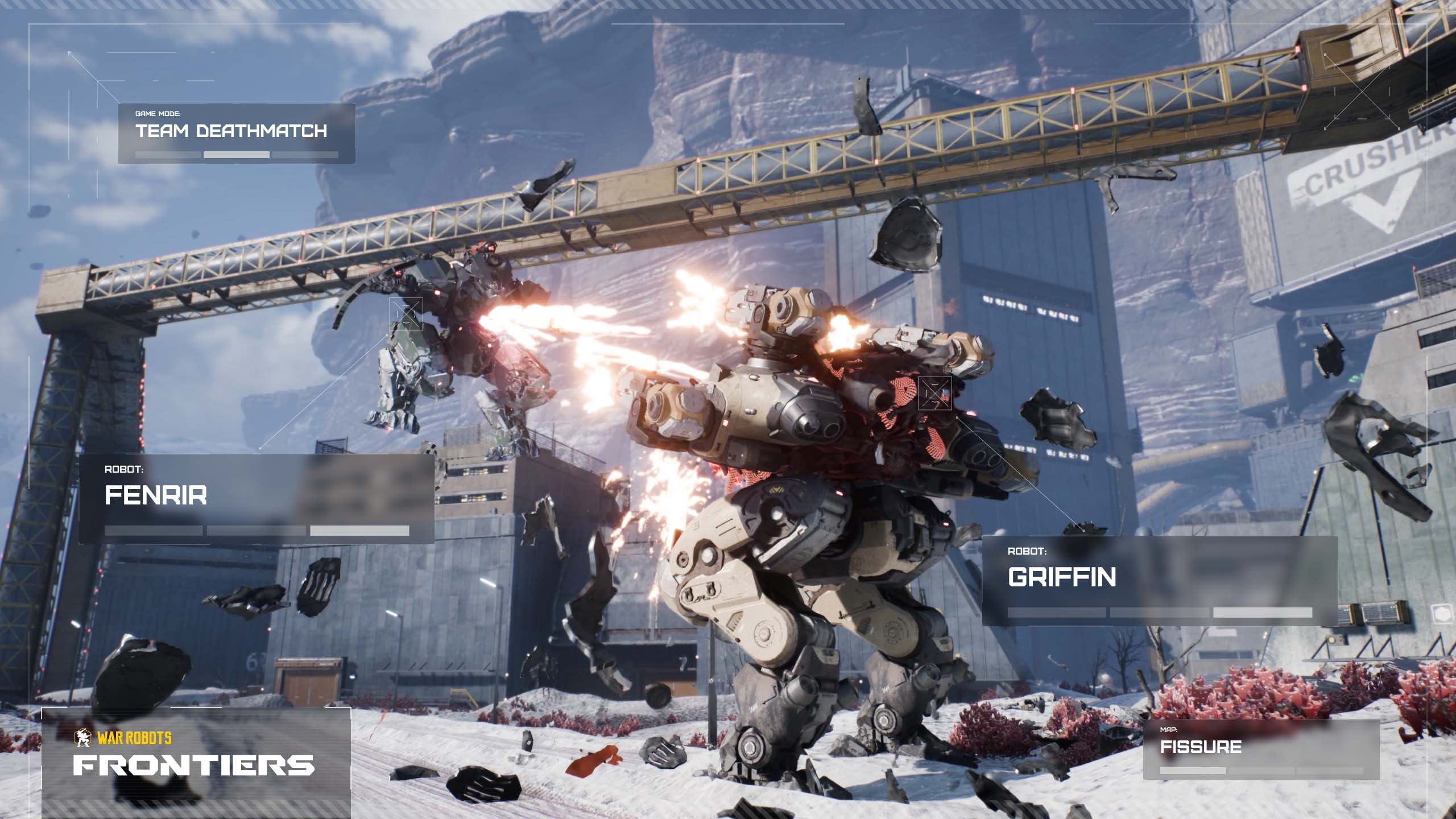








 English (US)
English (US)